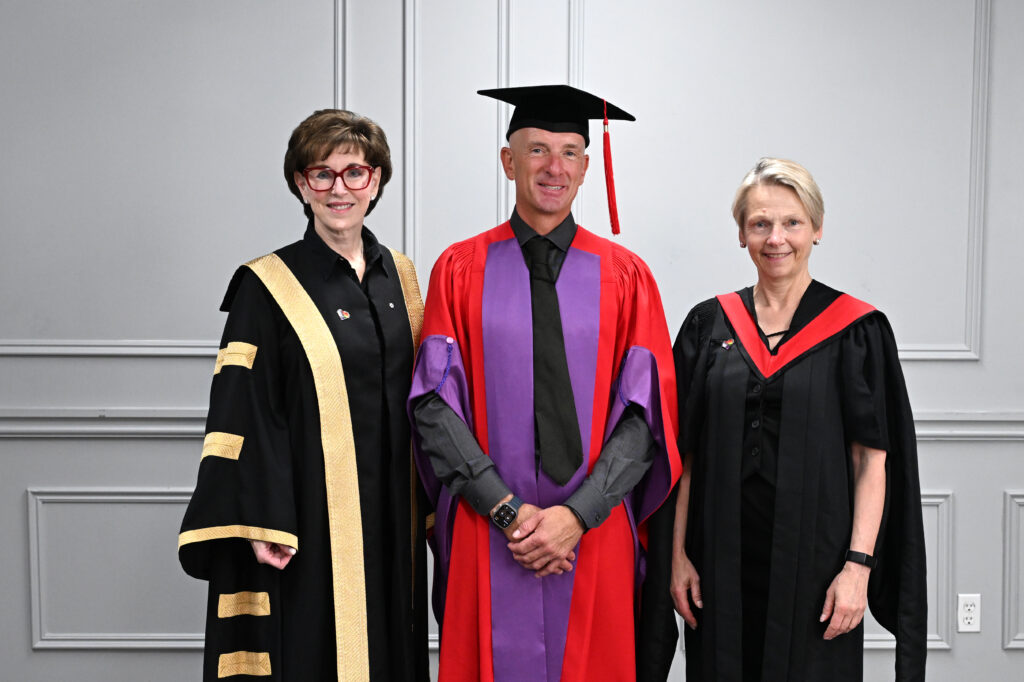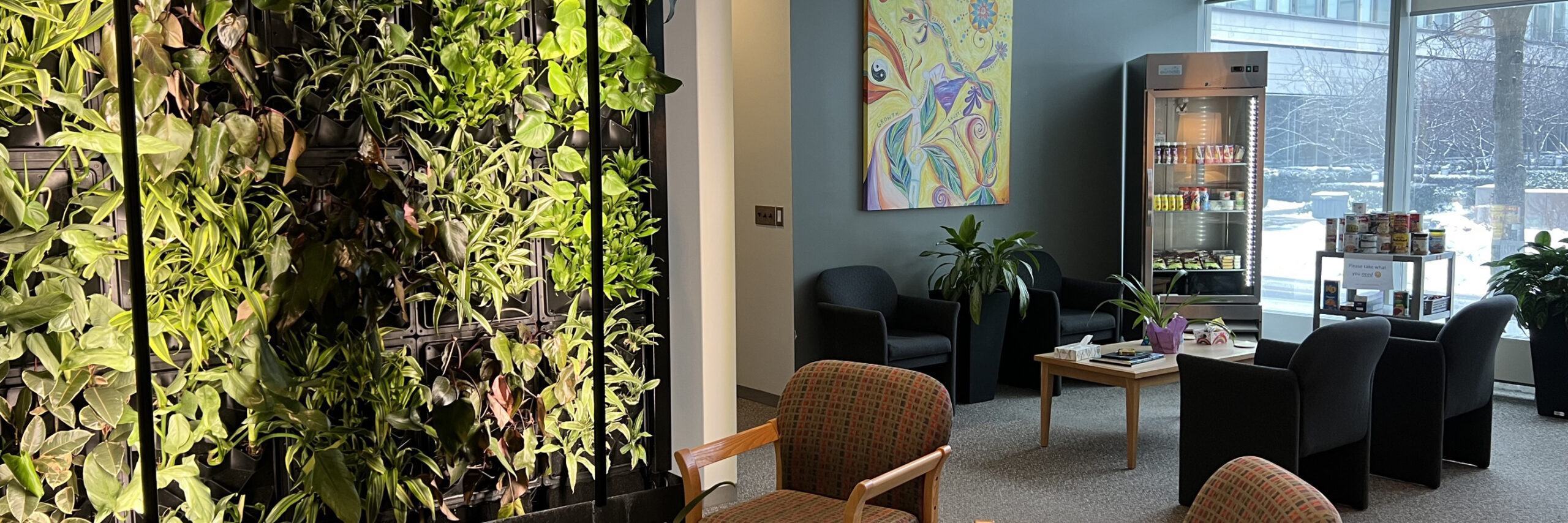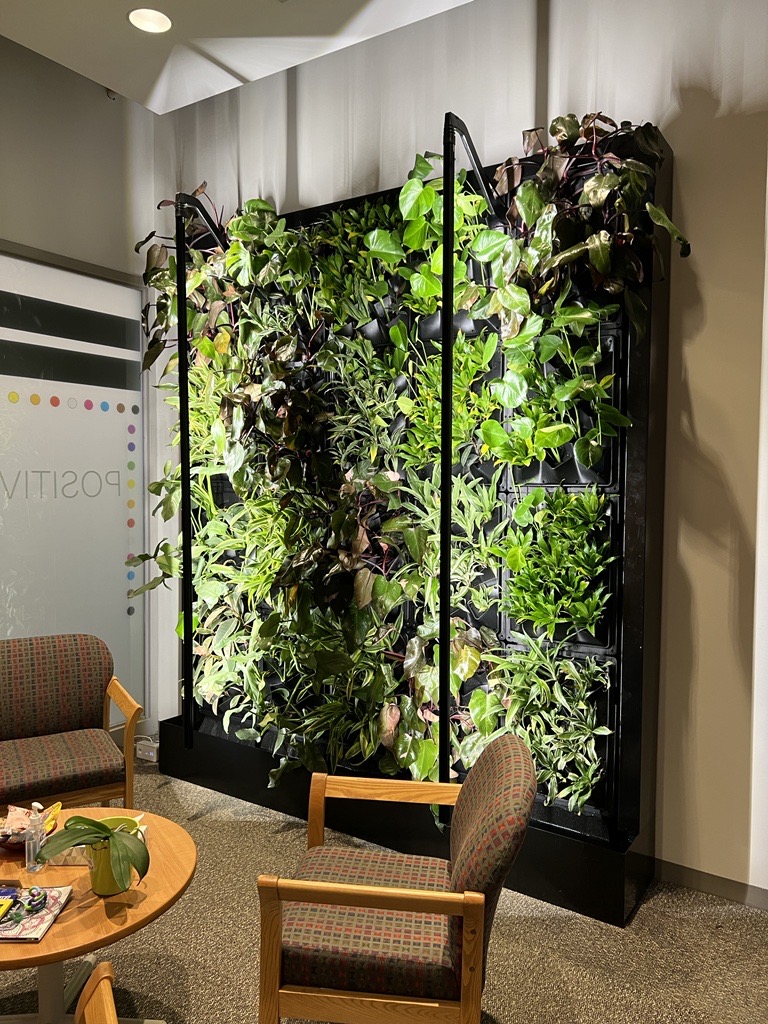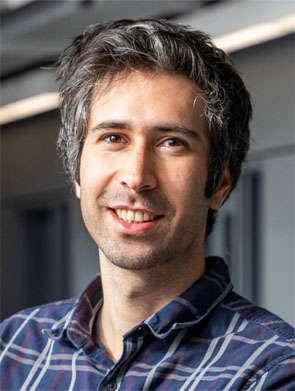Thanks to new funding from the Ontario Ministry of Colleges & Universities, the Faculty of Science is launching a new micro-credential in Vaccine Production and Quality Assurance in Winter 2025 at York University’s Markham Campus.
The provincial funding comprises $50,000 from the Micro-credentials Challenge Fund (Round 2) and $75,000 from the Training Equipment and Renewal Fund, which will go toward the creation of the new micro-credential that will prepare trainees for jobs in vaccine biomanufacturing and processing.
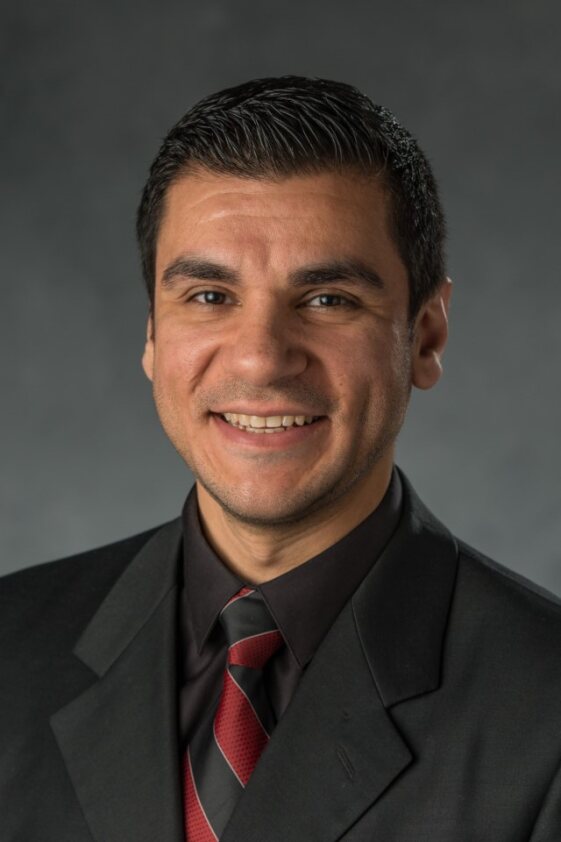
“Our new programs in vaccine production and biotechnology aim to bridge talent gaps in the pharmaceutical industry in Canada and to offer students and professionals a variety of training options for upskilling for industry jobs,” says Hovig Kouyoumdjian, associate dean of curriculum and pedagogy in the Faculty of Science.
Spearheaded by Kouyoumdjian and faculty members Jade Atallah, the Markham biotechnology graduate program director, and Luz Adriana Puentes Jácome in the Department of Biology, the micro-credential in Vaccine Production and Quality Assurance will provide accelerated, experiential and industry-centred training on the fundamentals of vaccine production, including emerging technologies.
“It will be offered as an eight-week, blended program, shaped by input from a variety of industry partners,” says Jácome. “The micro-credential offers more rapid, vaccine-focused training relative to the new Graduate Diploma in Biotechnology and Master’s in Biotechnology Management programs, which are broader in scope and completed in one year or two, respectively.”
With the new funding, the Faculty of Science will also purchase new equipment that will not only benefit student training in the micro-credential but also the Master’s in Biotechnology Management and Graduate Diploma in Biotechnology programs starting this fall at Markham Campus. The equipment will include cell culture tools for various expression systems (bacterial, yeast, insect and mammalian cells) and novel vaccine platform technologies (DNA, RNA and recombinant proteins) that are highly aligned with current advancements in the vaccine industry.
“Given the focus of these biotechnology postgraduate programs on applied training, the new equipment will support a curricular delivery that is hands-on and highly experiential in nature,” says Atallah. “Our students will complete their training with the knowledge and skills they need to secure in-demand jobs in the biotechnology and vaccine production industry.”
“We are grateful to the Ontario Ministry of Colleges & Universities for supporting the creation and enhancement of these important programs at York University,” says Kouyoumdjian.





